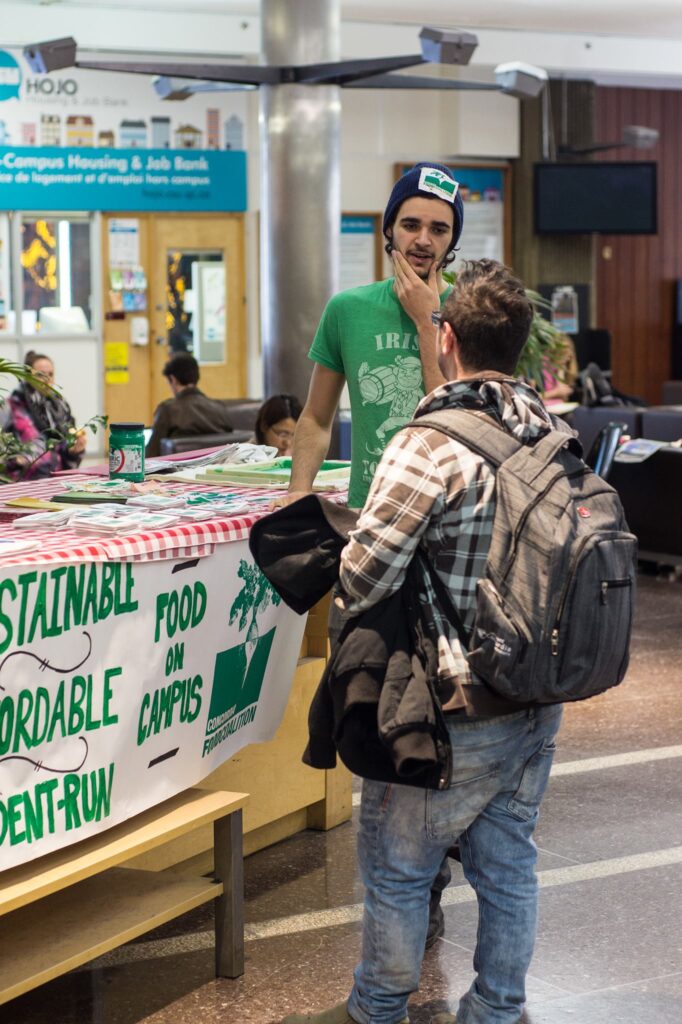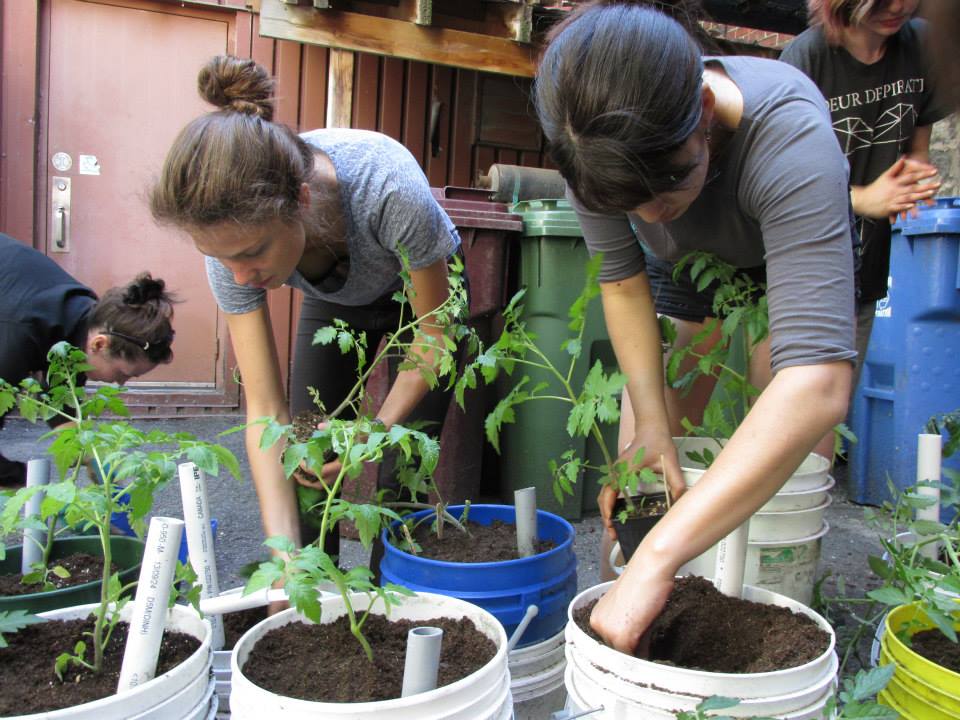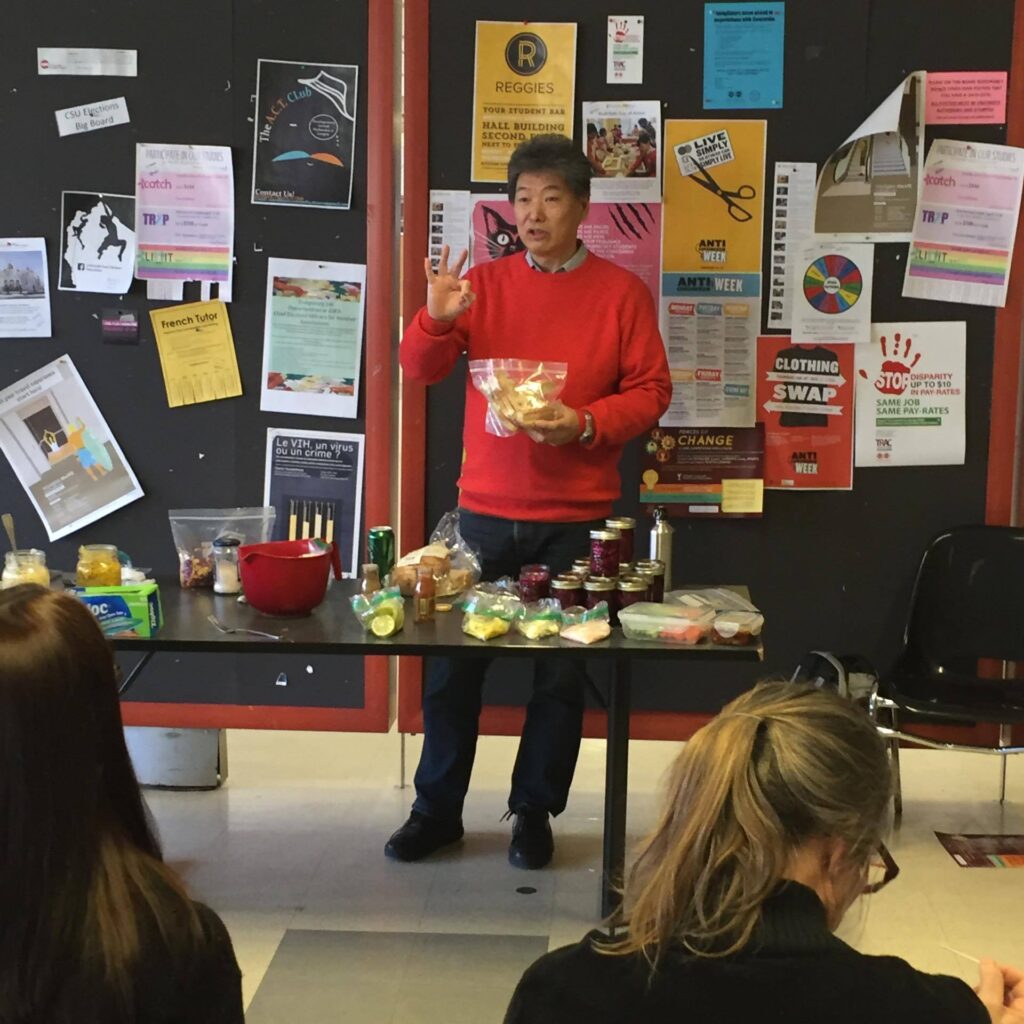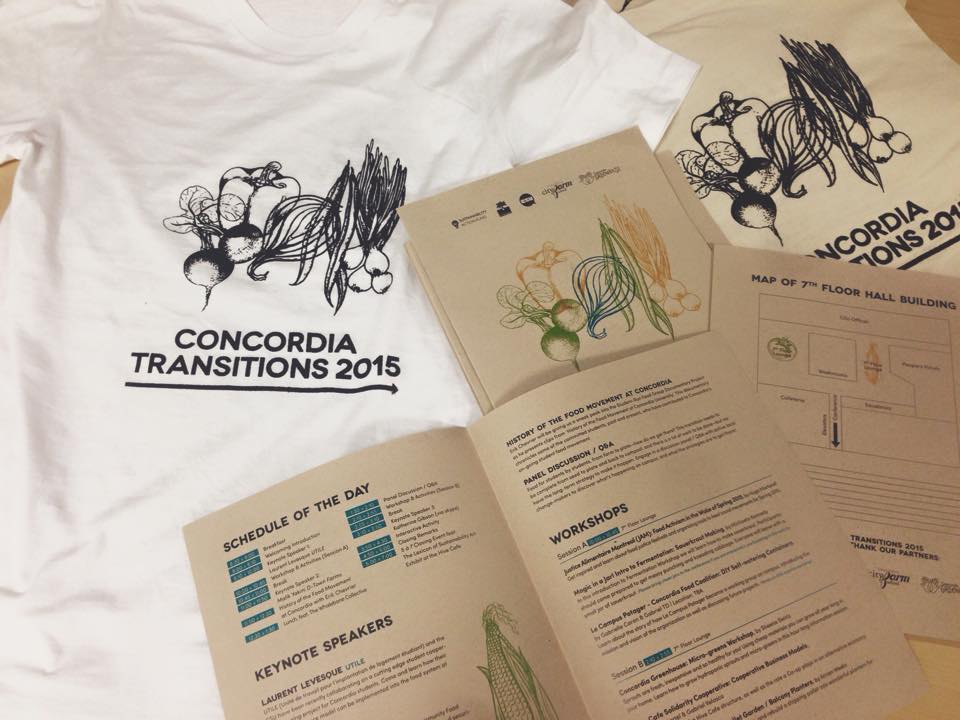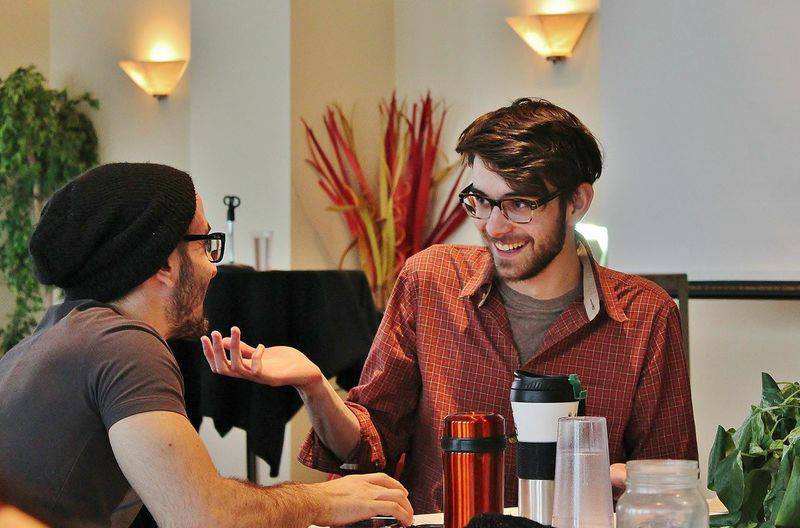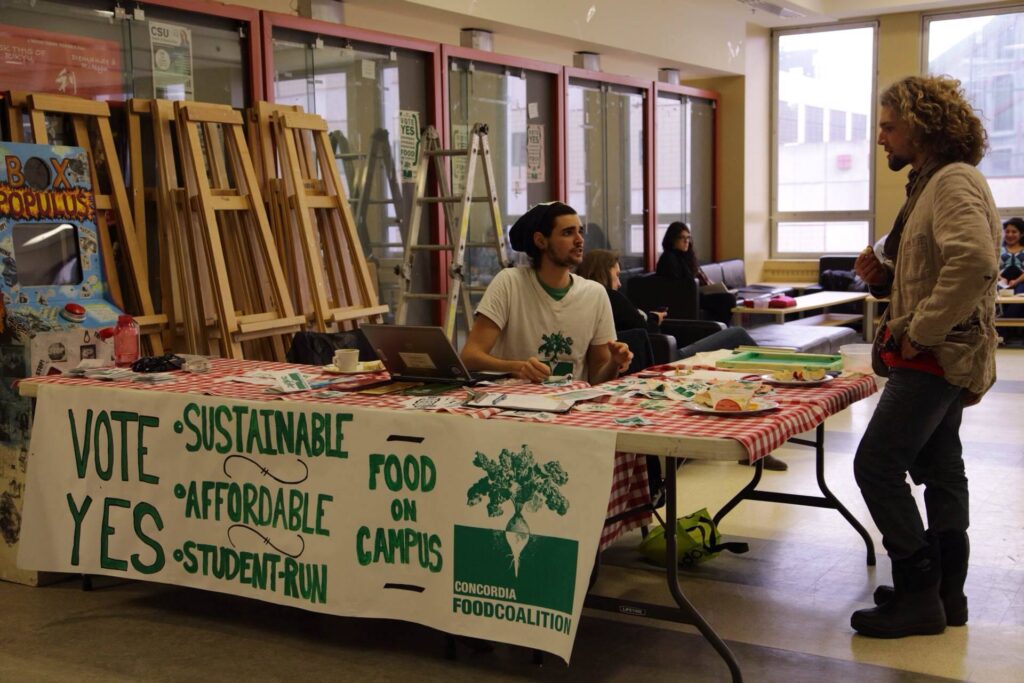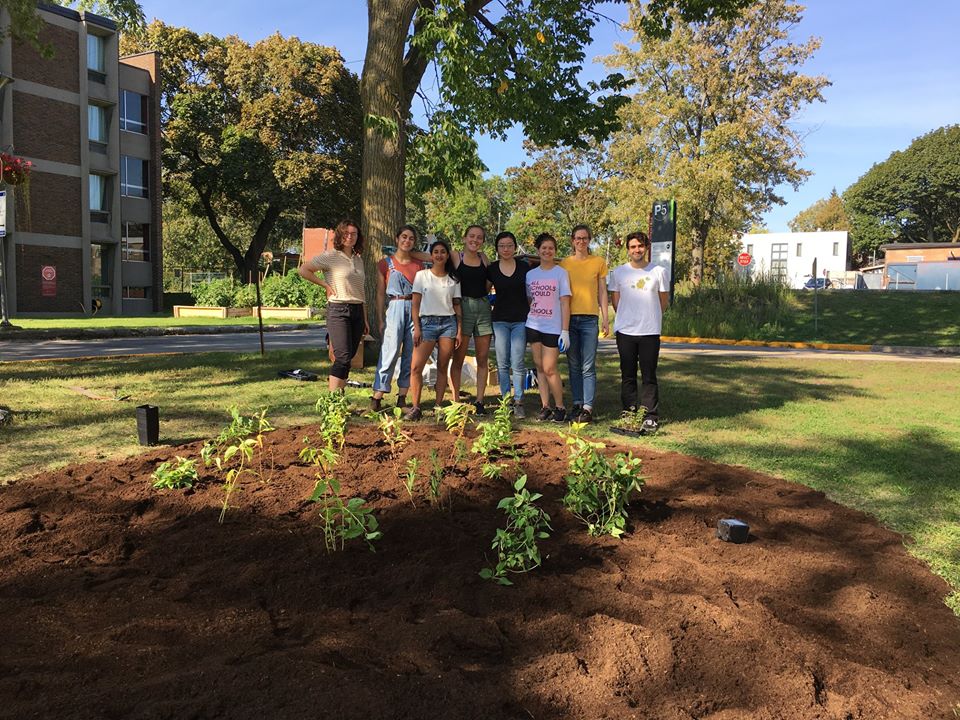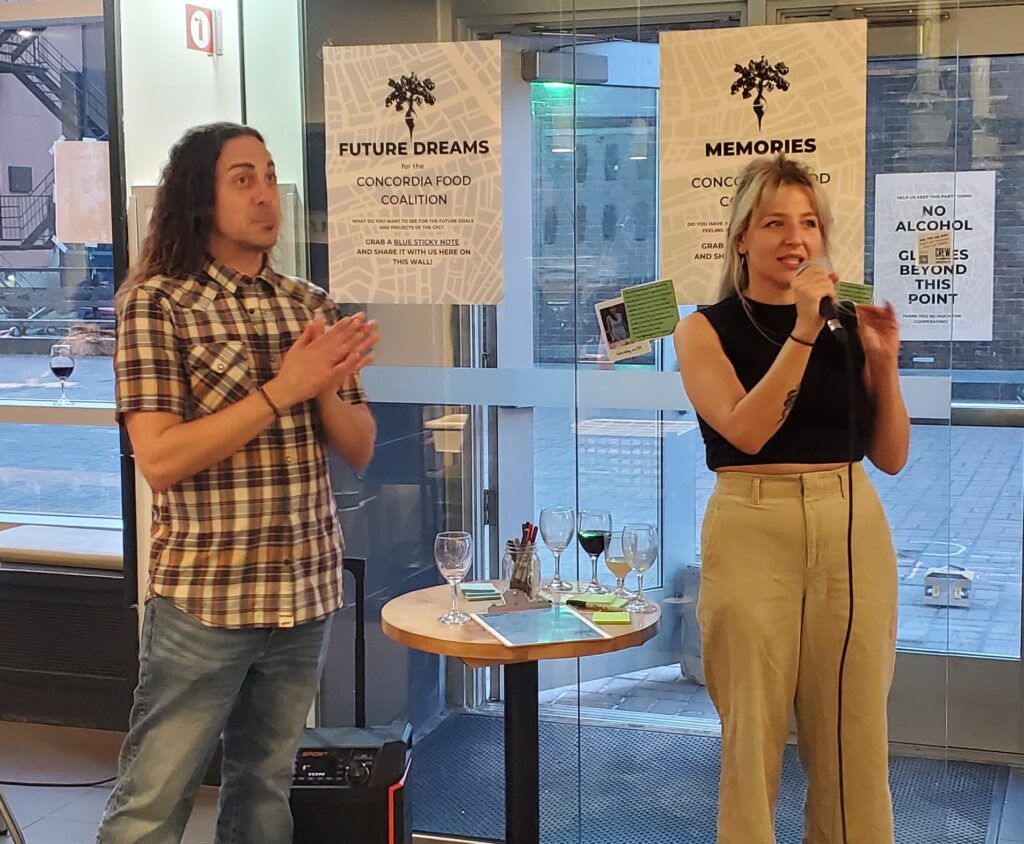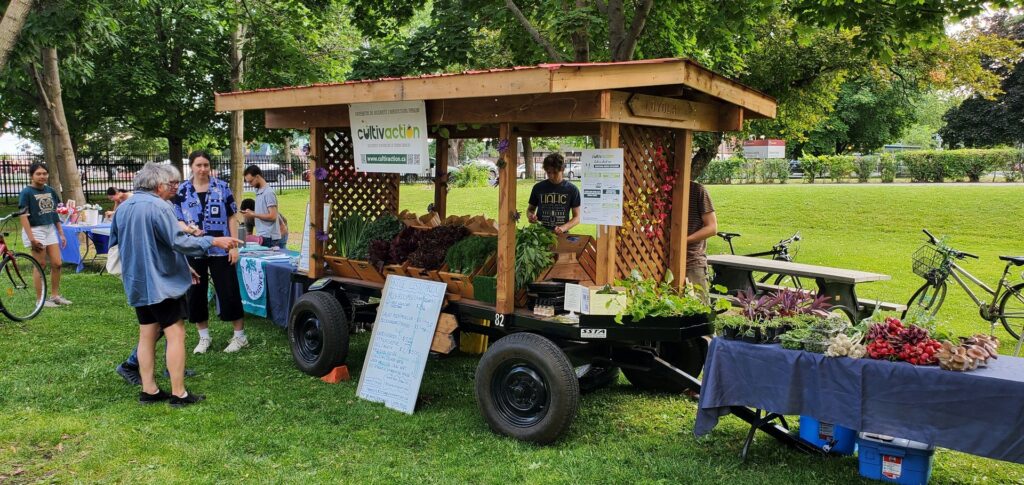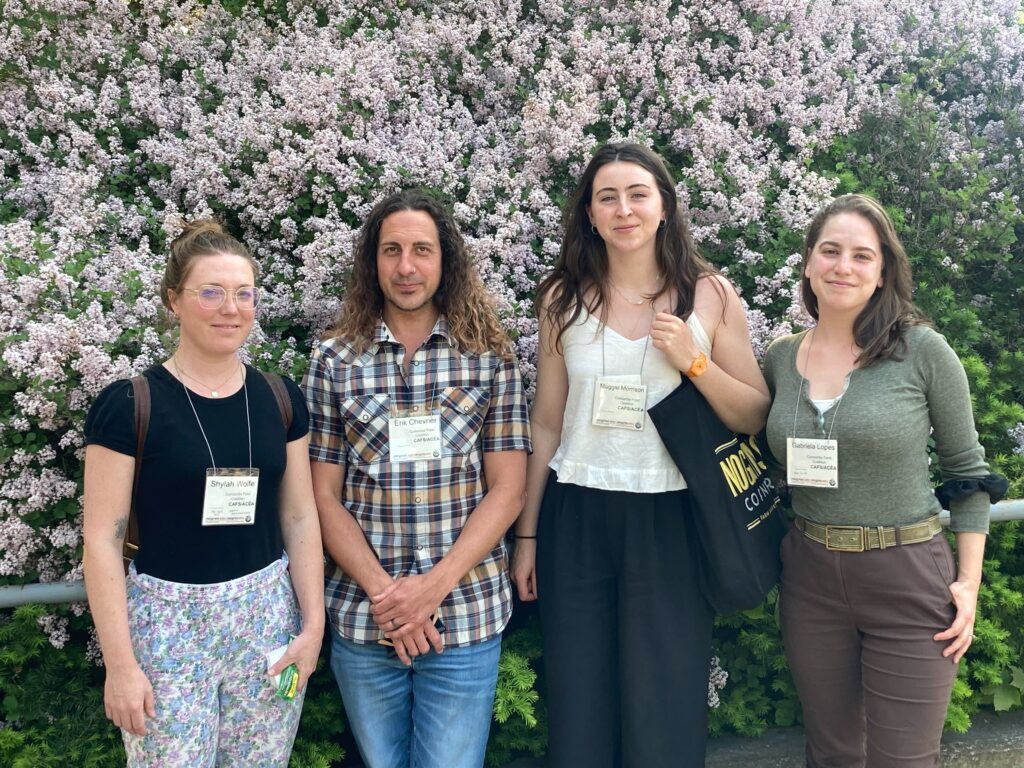We lead a determined
community towards
food system
transformation.
Concordia is home to a brilliant network of sustainable and local food organizers and makers. This is how we strengthen it.
What kind of food system do we
imagine for our community?
A COMPASSIONATE
FOOD SYSTEM
Its goal is not the pursuit of financial profit. It is cooperative and inclusive—non exploitative . It puts human needs first.
AN AFFORDABLE AND
SECURE FOOD SYSTEM
It is committed to being affordable always. It approaches food sovereignty and security critically. It is there to feed, not to profit.
AN INNOVATIVE
FOOD SYSTEM
It builds on the success of existing models. It applies new research on urban farming techniques. It innovates and is ecologically regenerative.
Learn more about our
programs and resources:
CONNECT AND CONVENE
We connect student groups, students, faculty, and staff around food issues. We cultivate spaces where passion can drive a creative exchange between all of these parties. We’re building coalitions to build solutions.
BUILD A BETTER FOOD SYSTEM
We fund and guide alternatives to current food options. We nurture student-run food initiatives locally and encourage decision making at the community level. All the while, we’re making sure students stay nourished—connecting them to the ever-growing alternative food system that we’re building.
LEARN AND TEACH
We conduct research on food system innovation at a local and national level. We engage in specific research on behalf of local food justice organizations. All of these learnings inform our program development + we share them in the form of educational initiatives for students.
Our Vision
Food sovereign communities at Concordia University and beyond.
Our Mission
The CFC brings together students, faculty, staff and community members to co-create campus-community food sovereignty. Through education, incubation and innovation, we collaborate to build sustainable, accessible and democratic local food systems.
Our Values
Community, Cooperation, Inclusion, Solidarity, Innovation and Regenerative Practices.
What’s the story? How did we get here?
2013
Concordia university begins conversations to build the next Request for Proposal (RFP) to determine who would be the next food supplier on campus. The Concordia Food Coalition (CFC) forms at that crucial moment. They organize and leverage the collective power of (until then) disconnected food groups on campus—aiming to put together a bid for the RFP.
The fee levy for the Concordia Food Coalition passes. The CFC publishes two major reports on local food systems, helps establish the Hudson Land Trust project, and launches “Bite Me” week.
2014
Food justice organizing continues with strength. The CFC leads the “RFP campaign” where a coalition of local food groups are organizing to become Concordia’s food supplier. The First Annual Concordia Transitions Conference is held. Erik Chevrier launches The Concordia Food Groups project to map, interview and document the history of and connect all of the local food groups on Campus.
The Hive Café is launched alongside the Loyola Greenhouse project and the purchase of Burritoville and transition into a cooperative.
2015
Focus on organizational development. Many working groups continue to launch out of the CFC including: Hudson Land Trust Project and Cooperative Brasseurs Illumines.
2016
The CFC continues its work of building and strengthening a more sustainable alternative to current Concordia food systems. The Concordia Farmer’s Market becomes an official project of the CFC.The CFC launches many working groups:, the Bike2Farm Working Group, the Edible Urban Canopy Project, Campus Potager, Hydro Flora, and Sprouting Minds.
2017
The CFC dives into a major operational expansion—taking over Mother Hubbard’s Cupboard and leading the creation of four new working groups: Chirps for Thought, Love and Honey, Vemi-Cycle Concordia, Food Memories Collective Kitchen and Season Jars.
2018
To keep up with their expanded operations and working groups program, the CFC runs a successful campaign to raise their fee-levy. Mother Hubbards and Food Memories Collective merge into one program. Reflecting their ambition, they co-host the National Food Secure Canada Summit, at Concordia University. The Food Autonomy Campaign (FAC) became an official campaign of the CFC.
2019
The CFC continues to do research and strengthen the alternative food system at Concordia through support for Greenpod, Mind.Heart. Mouth and the Concordia Pollinators Initiative.
2020
In response to COVID-19, the CFC runs the Emergency Food Baskets Program. The Research Committee presents a comprehensive review of case studies and solutions for transitioning campus food systems to the Food Advisory Working Group. The CFC has one new working group: Tiny Catering.
2021
Concordia Food Coalition does an intensive internal visioning process and sets a new strategic plan to achieve their core goals & mission. The CFC continues to sit on the FAWG (Food Advisory Working Group) as a strong advocate against the RFP process, continuing to push its vision of a community-run food-system.
2022
Concordia Food Coalition restructures a new team, delving deeper into food access research, student education, and engagement, and supporting current and new food groups on campus. The CFC hosts Food Assemblies, which aim to bring campus food groups together to plan and discuss shared interests. The CFC takes over the Concordia’s farmers market, running a weekly student market on both campuses.
2023
The team prepares the NFE – New Food Enterprise plan to replace the campus food provider with a more sustainable and just option. Team members participate actively in campus food access events at Concordia and on other campuses with the shared interest of improving food systems.
The Team

Gabriela Lopes
General Coordinator
Gabriela first got involved with the CFC as an undergrad in 2014, drawn to food justice and systemic transformation. She founded the working group Love and Honey in 2017 to explore food systems through a research lens, and later deepened that work by studying law at McGill, focusing on international human rights, development, and Indigenous legal traditions.
After serving as Secretary and Chair of the CFC Board, she’s now the General Coordinator. She has also been actively involved in the creation of the McGill Food Coalition. Gabriela is passionate about food systems, storytelling, and growing things—whether it’s ideas, veggies, or community. She also dreams of illustrating her own graphic novel one day.
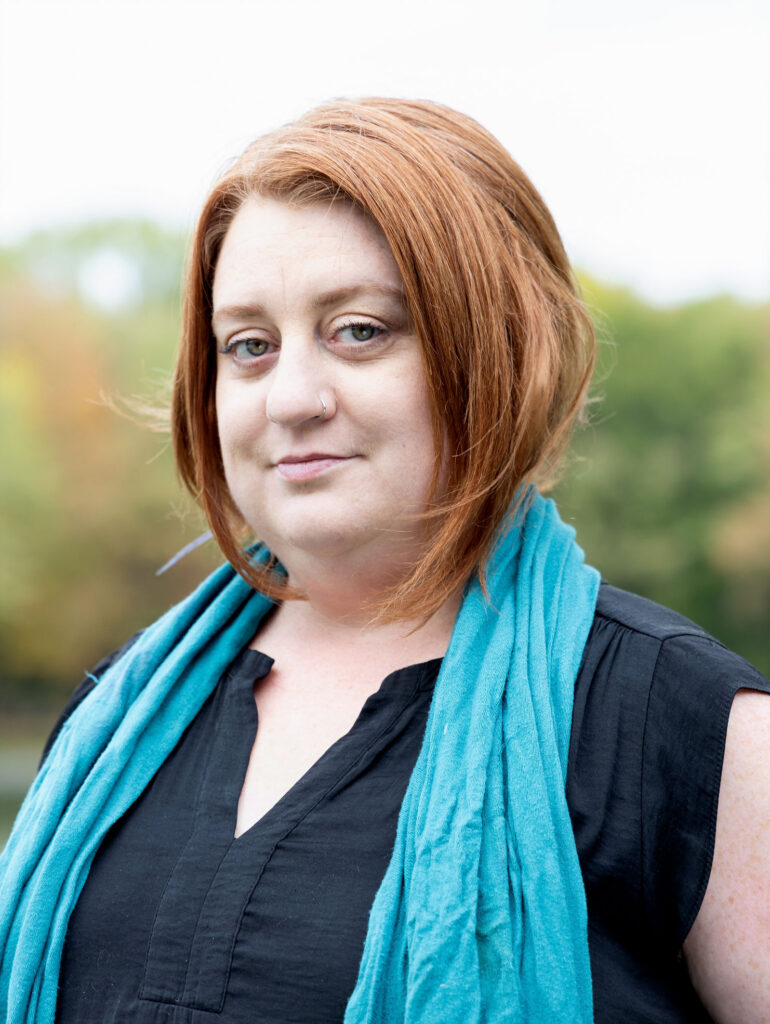
Sheena Swirlz
Education and Engagement Coordinator
Sheena is passionate about food issues, especially those related to ethically and locally sourced ingredients. She loves to garden, cook epic plant-based feasts and potlucking with friends.
Past projects include Urban Homesteading Montreal – ecological lifestyle workshops around Montreal. She loves camping, decorating and organizing group adventure activities.
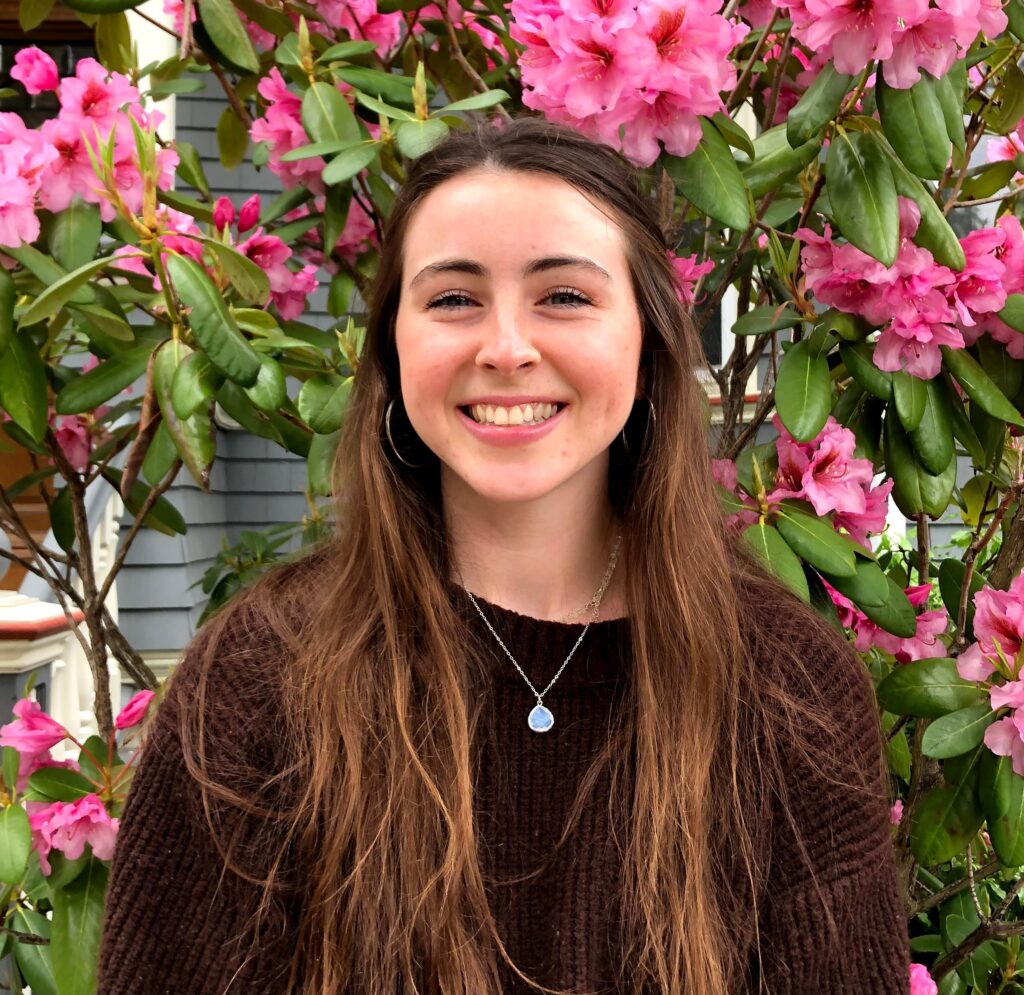
Maggie Morrison
Food Network Intern
Maggie is passionate about building capacities for resilience within local food systems, which she studied in her undergraduate honours thesis. Before joining the Concordia Food Coalition, she worked as a coordinator for a Halifax-based Farmers’ Market Cooperative and as teaching assistant for Dalhousie’s College of Sustainability.
Maggie enjoys engaging with the Concordia community in educational initiatives, through workshops and social media that aim to connect people, place, and food.
Maggie enjoys exploring the city on her bike, finding new parks to spend time outdoors in, and cooking seasonal meals with friends.
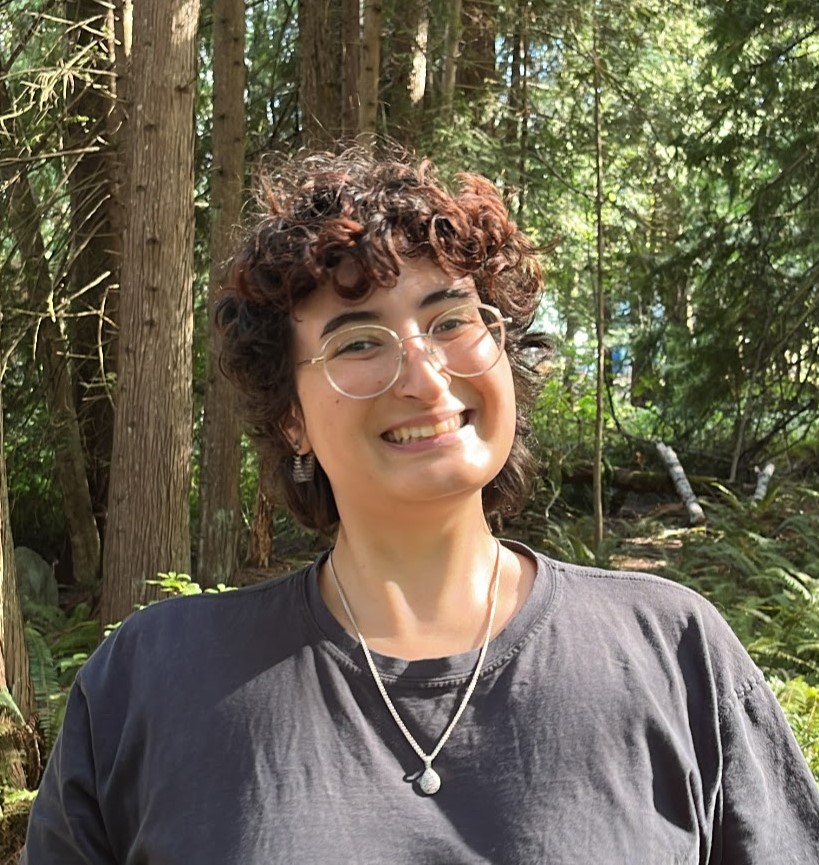
Elena Tresierra-Farbridge
Food Network Coordinator
Elena is passionate about food in all areas of their life. They love to cook for their friends, support new gardeners, and welcome visitors to their little community garden off-island called the Food Forest Project. They study the intersection of food sovereignty and climate change and will be pursuing a Masters on this topic Fall 2025. After several years in nutrition research, they started working with community-centered non-profits and collectives, which led to joining the CFC team as the new Food Network Coordinator! As the FNC, they are looking forward to creating connections with and between campus food groups, supporting the Concordia farmer’s market, and bolstering the movement to build food-sovereign campuses in Montreal and beyond.
The Board
Shyam Ragavan
Alexandra Tsigaras
Simona Bobrow
Hanine El Mir
Michelle Della Corte
Calvin Clarke
Austin Osei
Yuan Kelly
Emily Gray
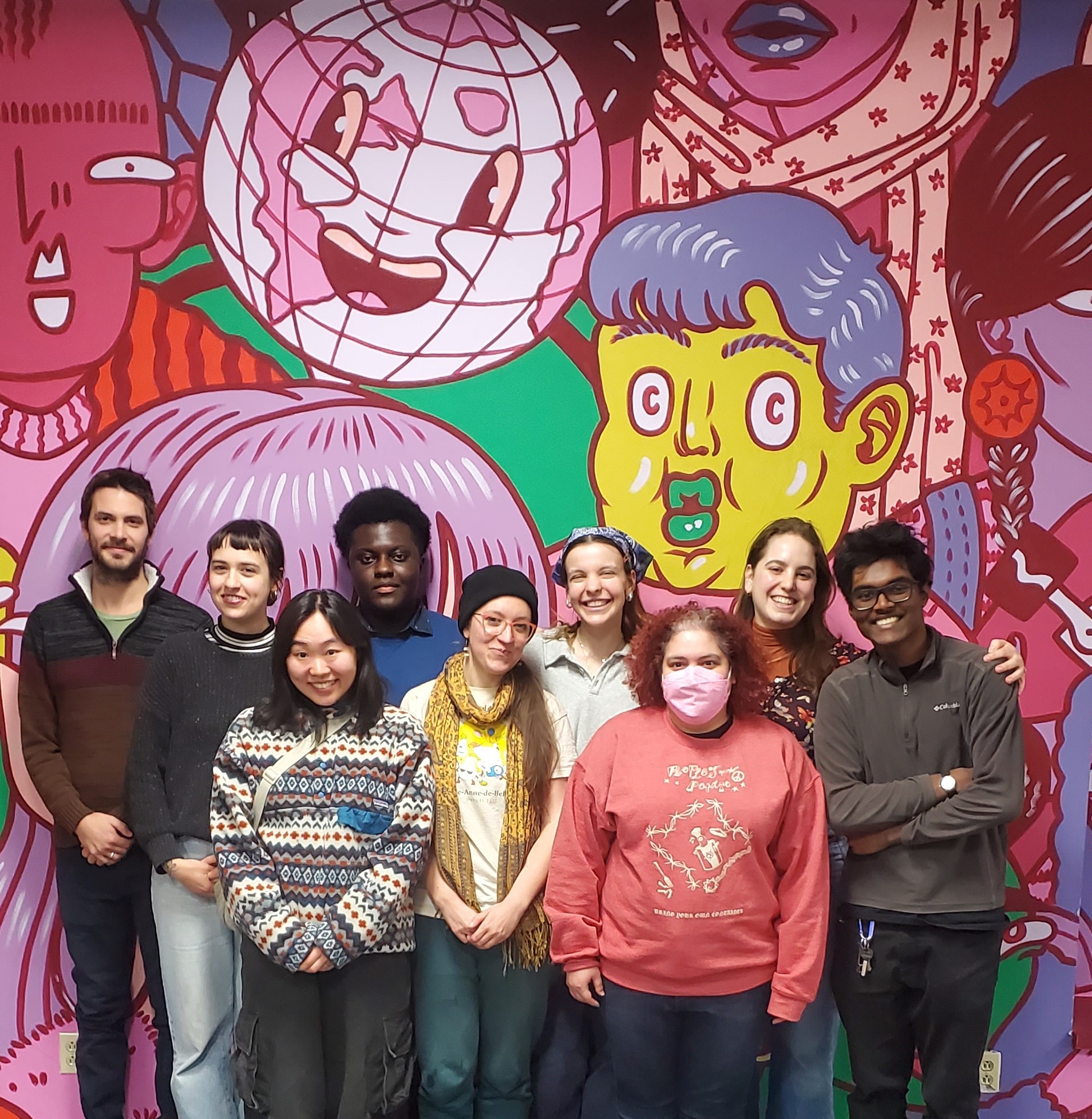
The Coalition
We consider all students and Food Groups as partners and allies towards food system transformation. We work especially closely with The Hive Cafe Co-op (as we sit on their Board of Directors), the Concordia Student Union (as partners in building the NFE) and our current working groups Mind.Heart.Mouth, CUTV, CPI and CultivAction.
We work in solidarity with organizations that support food system development such as Sustainable Action Fund, Sustainable Concordia, SEIZE, the CSU, and more.
Want to join the Coalition? Learn how to Get Involved.
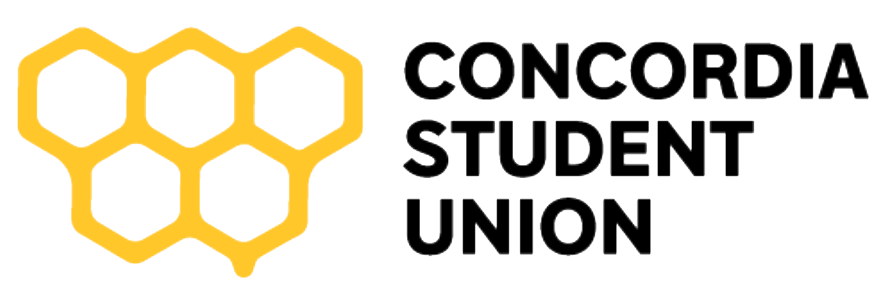
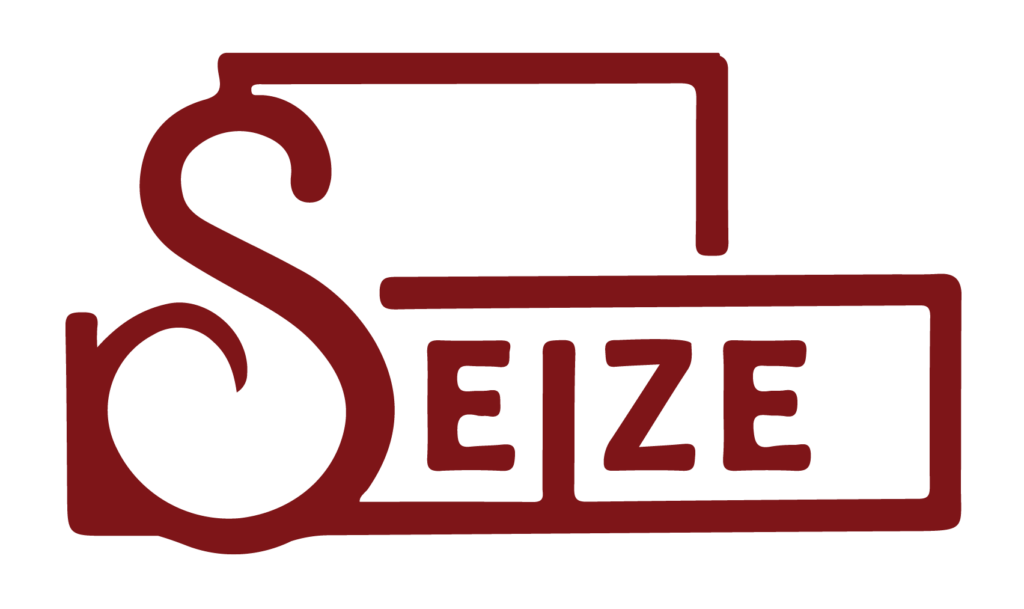

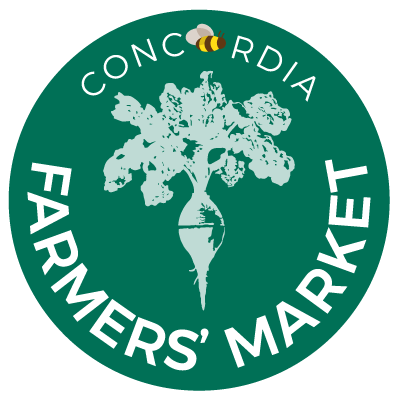

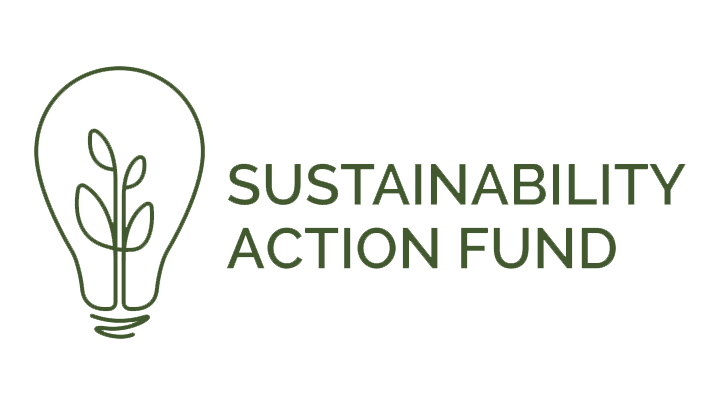
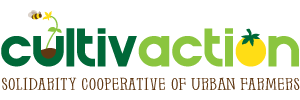
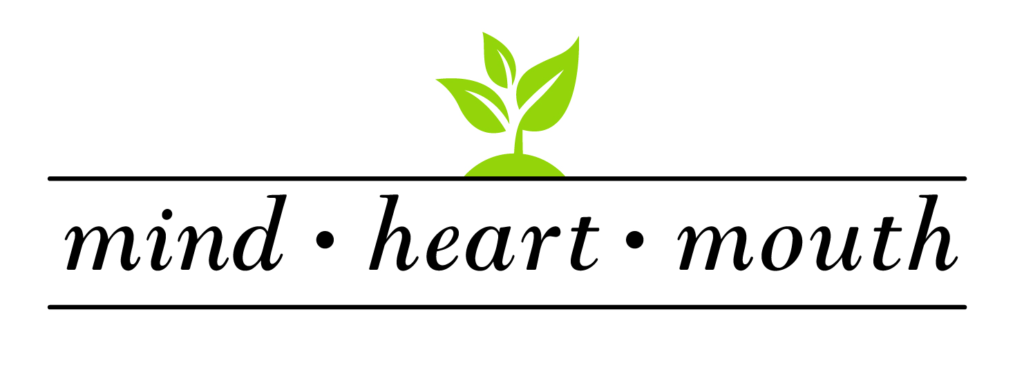

Governance and Transparency
CFC BY-LAWS
GENERAL MEETING MINUTES
ANNUAL REPORTS
FINANCIAL AUDITS & STATEMENTS
FEE LEVY INFO & OPTING OUT
The CFC is a nonprofit community organization that was founded in 2013. We are a Concordia Fee-Levy group at Concordia University that collects $0.16 cents per credit from undergraduate students. This allows us to carry out our mission of transforming Concordia’s food system.
The Concordia Food Coalition is committed to providing our members access to key documents regarding our status as a non-profit organization and as a Concordia University fee levy association. We have been a fee-levy organization since 2014.
When you opt out of a fee-levy group, you are withdrawing your support for the group and will no longer be able to access its services, attend events or vote in our general meetings.
Any Concordia student who wishes to opt out of the CFC fee levy ($0.16 per credit for undergraduate students) may do so during the opt out period which begins between 24 hours s after the DNE deadline for each semester and lasts for 14 days. For more information and to opt-out please visit the Concordia Community website.

